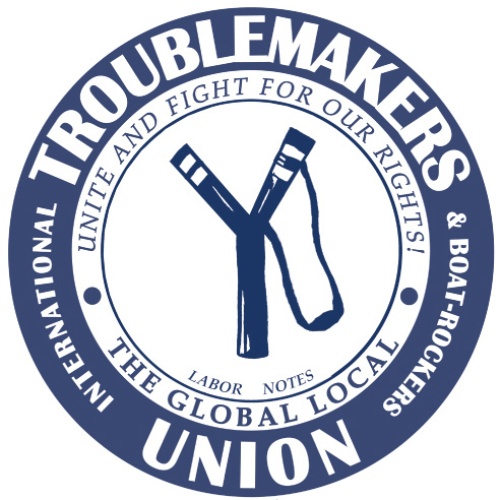VOICES: Supremes hand Republicans map to hobble the NLRB
The U.S. Supreme Court in mid-June knocked down 600 decisions by the National Labor Relations Board on the grounds that only two NLRB members lacked the authority needed to issue binding decisions. While pulling the rug out from under 600 decisions may seem cataclysmic, the likelihood is that the NLRB, now up to its full complement of five members, will quickly re-issue the decisions given that they were, for the most part, relatively uncontroversial.
The case, New Process Steel v. NLRB, resolved a disagreement among the lower courts as to whether the NLRB, when reduced from five members to just two, was empowered to decide cases. So many cases had been decided by two members in the past three years as a consequence of President Bush's failure to nominate new members, and then the Senate's inability to confirm President Obama's nominations needed to bring the board up to full strength.
None of the cases overturned by the Court involved difficult issues that could change NLRB policy or precedent. On the other hand, the "hard cases" involving difficult, potentially precedent-setting issues have remained bottled up on the board's docket waiting for new appointees to bring the board up to full strength. They will now, finally, begin to thread their way through the decisional process.
The potential downside of the Supreme Court's decision is that Senate Republicans now have a roadmap to hamstring the agency they "love to hate." For all intents and purposes, the NLRB's mission is to protect the workplace rights of workers, not their employers. If in the future the Republican friends of big business can filibuster Democratic nominees or put "holds" on their nominations so as to winnow down the number of board members to just two and thereby put the board out of business temporarily. In the most recent instance, of course, "temporarily" amounted to an inexcusable three years.
In the "old days" when the National Labor Relations Act was enacted and amended, this sort of political chicanery never occurred to anyone -- at least was never practiced. As a consequence, Congress saw no reason to address it. In recent years, however, when the Congress has become so extraordinarily polarized, and hamstrung as a result, this scenario is altogether possible and even, perhaps, inevitable. That is, at least until Congress, and particularly the Senate, gets around to changing its rules to prevent the sort of unbridled obstruction of the legislative process we have been witnessing.
Of course, the enactment and enforcement of our nation's labor laws is just a small piece of the much larger legislative agenda that has been brought to a near standstill by Congressional obstructionists who, for the most part, care primarily about their own re-election and their political party's dominance rather than the public interest. They believe that all government, not just the NLRB, is "the problem," and that "free enterprise," namely employers, should be freed from the shackles of laws and regulations. As long as corporate America is allowed to pollute the political process with its money and influence, the future of our theoretically democratic republic appears to be -- to put it kindly -- problematic.
Arthur Fox is "Of Counsel" at Lobel, Novins & Lamont, LLP, in Washington, D.C.
Tags
Labor Notes
Labor Notes is a media and organizing project that has been the voice of union activists since 1979.
